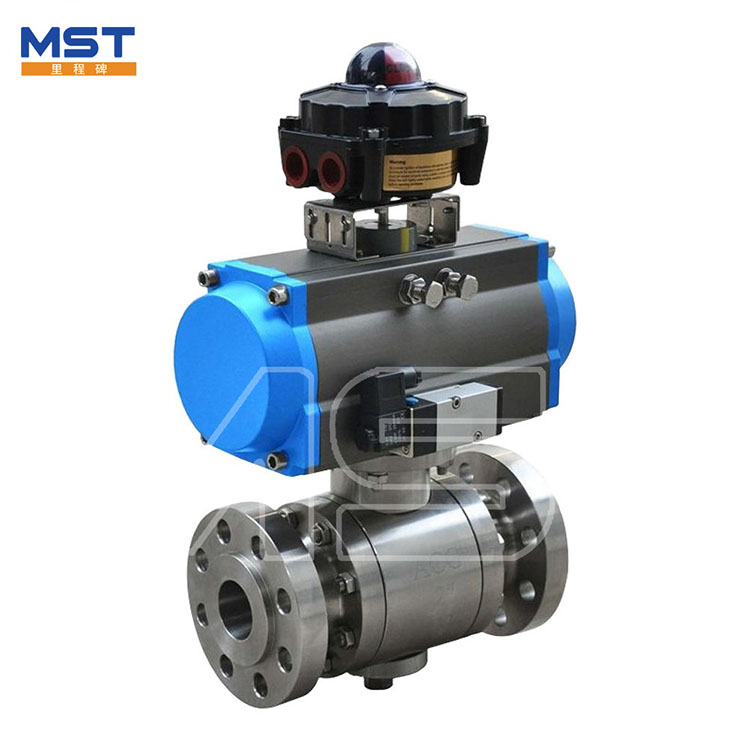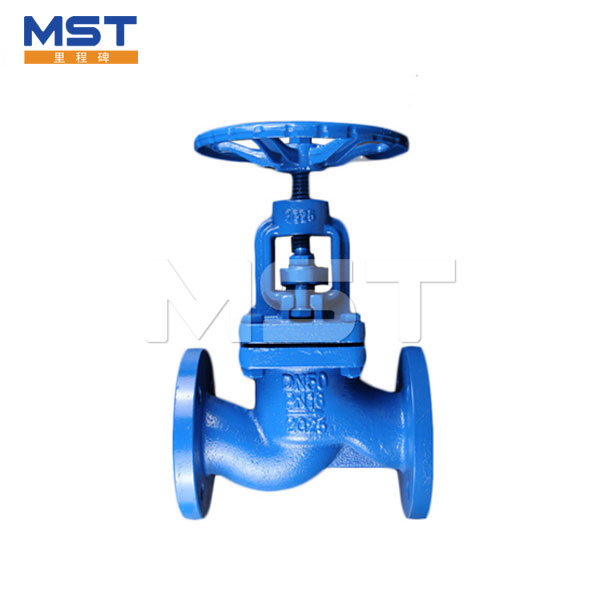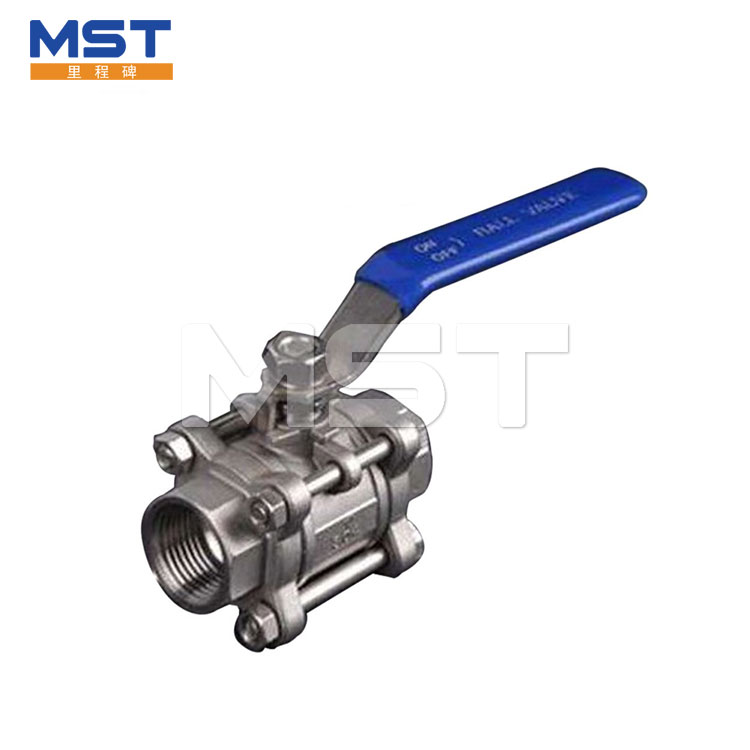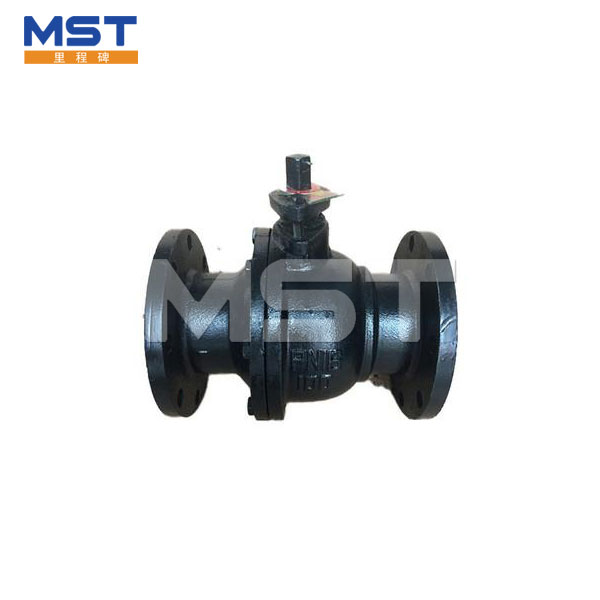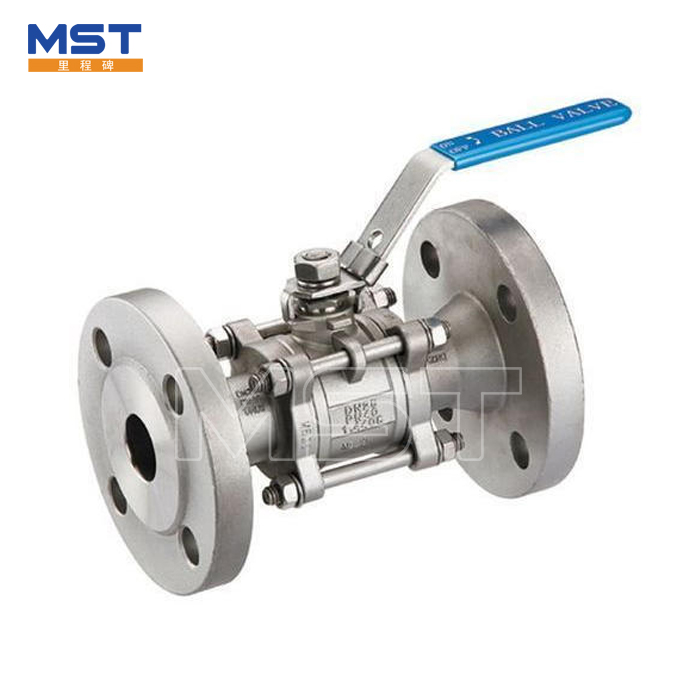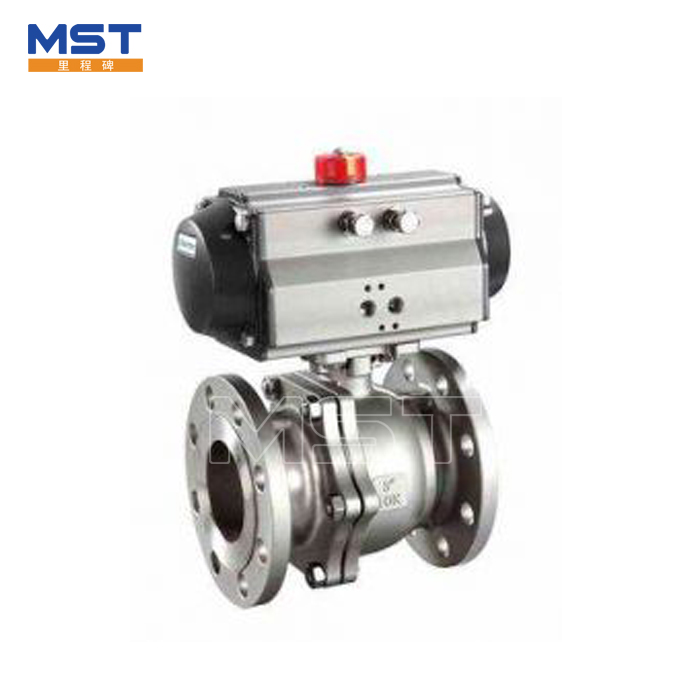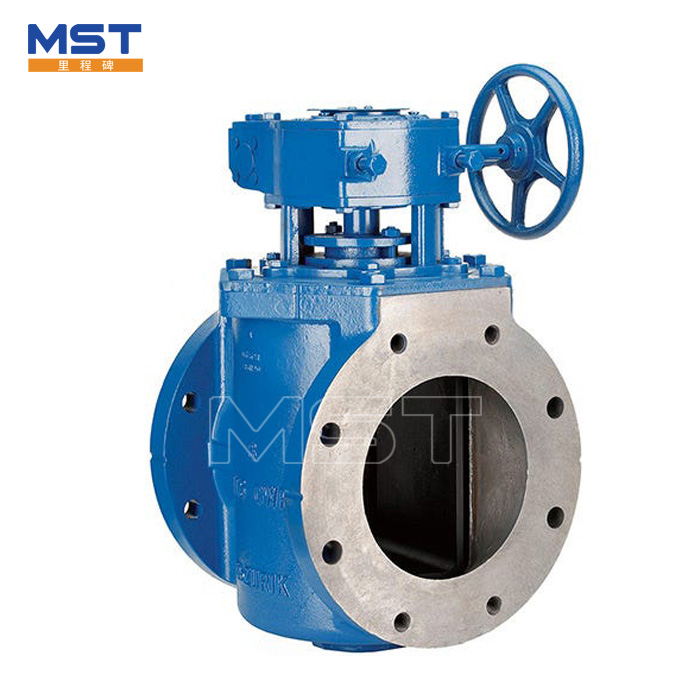 English
English Español
Español  Português
Português  русский
русский  Français
Français  日本語
日本語  Deutsch
Deutsch  tiếng Việt
tiếng Việt  Italiano
Italiano  Nederlands
Nederlands  ภาษาไทย
ภาษาไทย  Polski
Polski  한국어
한국어  Svenska
Svenska  magyar
magyar  Malay
Malay  বাংলা ভাষার
বাংলা ভাষার  Dansk
Dansk  Suomi
Suomi  हिन्दी
हिन्दी  Pilipino
Pilipino  Türkçe
Türkçe  Gaeilge
Gaeilge  العربية
العربية  Indonesia
Indonesia  Norsk
Norsk  تمل
تمل  český
český  ελληνικά
ελληνικά  український
український  Javanese
Javanese  فارسی
فارسی  தமிழ்
தமிழ்  తెలుగు
తెలుగు  नेपाली
नेपाली  Burmese
Burmese  български
български  ລາວ
ລາວ  Latine
Latine  Қазақша
Қазақша  Euskal
Euskal  Azərbaycan
Azərbaycan  Slovenský jazyk
Slovenský jazyk  Македонски
Македонски  Lietuvos
Lietuvos  Eesti Keel
Eesti Keel  Română
Română  Slovenski
Slovenski  मराठी
मराठी  Srpski језик
Srpski језик
Cast Steel Trunnion Ball Valve
Send Inquiry
Milestone Trunnion Mounted Cast Steel Trunnion Ball Valve
These are related to the Cast Steel Trunnion Ball Valve news, in which you can learn about the updated information in Cast Steel Trunnion Ball Valve, to help you better understand and expand Cast Steel Trunnion Ball Valve market.
Because the market for Cast Steel Trunnion Ball Valve is evolving and changing, so we recommend that you collect our website, and we will show you the latest news on a regular basis.Milestone Trunnion Mounted Cast Steel Trunnion Ball Valve have characteristic design & practical performance & competitive price, for more information on the Trunnion Mounted Cast Steel Trunnion Ball Valve, please feel free to contact us.
The middle flange is connected with bolts. The seal is made of reinforced polytetrafluoroethylene embedded in a stainless steel ring. There is a spring at the back of the steel ring to ensure that the valve seat is close to the ball. Keep it sealed.
Both the upper and lower valve stems are equipped with PTFE bearings to reduce friction and save effort in operation.
There is an adjustment piece at the bottom of the small shaft to ensure the joint position between the ball and the sealing ring.
Full bore: The flow aperture of the valve is consistent with the inner diameter of the pipeline to facilitate pipeline cleaning.

When the valve is closed, the ball is rotated 90 degrees to block the flow by placing the hole perpendicular to the direction of flow.
A trunnion design refers to the use of two brackets or trunnions to hold the ball in place to prevent it from moving or shifting laterally. Standard double block sealing performance.
All pressure-bearing parts adopt fully die-forged structure.
The flange valve is equipped with a flange and a closing part as one body. High-quality stem gaskets feature low seat ball friction materials and surfaces for reliable sealing and low emissions.
FAQ:
What are the advantages of using a Trunnion Mounted Ball Valve over other types of valves?
Trunnion Mounted Ball Valves offer several advantages over other types of valves, such as:
- They provide excellent tightness and sealing when closed, reducing the risk of leaks or contamination.
- They have low torque requirements and can operate with smaller actuators or levers, saving energy and reducing costs.
- They are easy to maintain and service, as the ball can be removed for inspection or replacement without dismantling the entire valve.
- They can handle high pressures and temperatures, making them suitable for a wide range of applications in different industries.
What materials are Trunnion Mounted Ball Valves made of?
Trunnion Mounted Ball Valves can be made of various materials depending on the requirements of the application, such as:
- Carbon steel: for general use in low to medium pressure and temperature environments.
- Stainless steel: for corrosive or high-temperature fluids that require resistance to rust and oxidation.
- Duplex or super duplex: for harsh or extreme conditions that demand high strength and toughness.
- Special alloys: for specific applications that require resistance to chemicals, abrasion, erosion, or other factors.
How do I choose the right size and pressure rating for a Trunnion Mounted Ball Valve?
Choosing the right size and pressure rating for a Trunnion Mounted Ball Valve depends on several factors, such as the flow rate, the operating pressure and temperature, the fluid properties, and the piping system layout. It is important to consult the manufacturer's specifications and recommendations, as well as any relevant codes or standards that apply to the installation. In general, it is advisable to choose a valve with a larger size than the pipe diameter to allow for proper flow and avoid excessive pressure drops.







